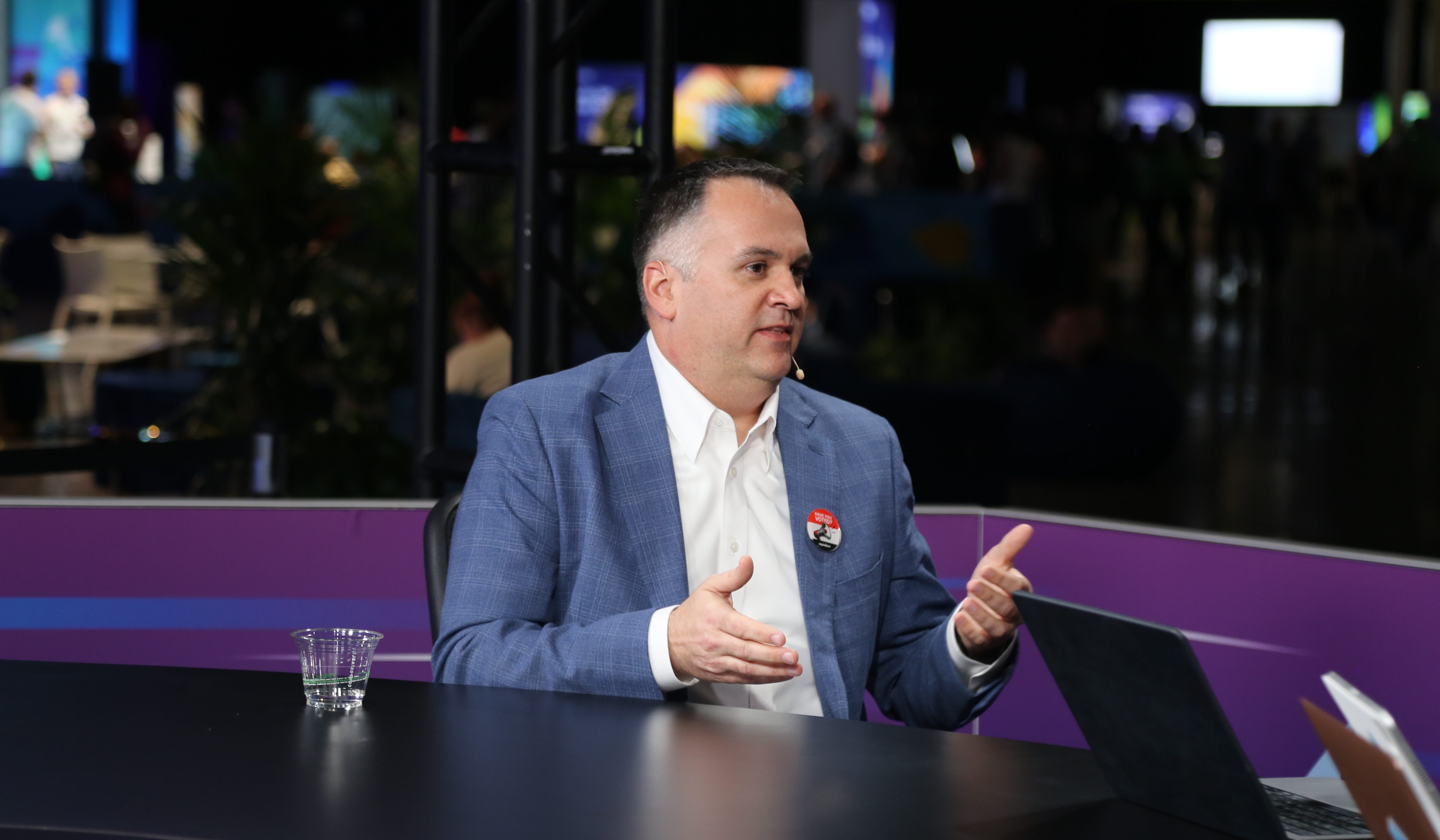 CLOUD
CLOUD
 CLOUD
CLOUD
 CLOUD
CLOUD
The cloud and enterprise software landscape is undergoing significant shifts, driven by rapid changes in VMware licensing changes and service delivery.
Broadcom Inc.’s acquisition of VMware was anticipated, but the company still had to adapt to the changes that came with the $63 billion deal. Expedient had to rearchitect between March and September 2024 after learning of changes in January, requiring an all-hands-on-deck pivot, according to Bryan Smith (pictured), chief executive officer of Expedient.

Expedient’s Bryan Smith talks with theCUBE about VMware licensing changes.
“We knew it was switching to cores from the consumption of [random access memory] for a service provider,” Smith said. “We could start doing the math of what that required, and we’re a little bit different than some of our peer companies, where 80% of our platform is actually multi-tenant, 20% private. The biggest thing we did was … separate the disaster recovery clients from production so that we’re not consuming the licenses as a service provider until they actually fail over and start using it.”
Smith spoke with theCUBE Research’s Dave Vellante and Rob Strechay at VMware Explore during an exclusive broadcast on theCUBE, SiliconANGLE Media’s livestreaming studio. They discussed the impact of Broadcom’s acquisition of VMware on the cloud and enterprise software industry, particularly how service providers such as Expedient are adapting to the changes in licensing models and infrastructure management.
The conversation with Broadcom’s CEO, Hock Tan, was also pivotal in shaping how Expedient approached the changes. Smith shared that the dialogue was a “give and take” that resulted in adjustments to the program.
“We had a one-on-one with him early in Q1 to talk about what it was specific[ally] for a cloud service provider, what it meant,” Smith said. “And from there, adjustments actually happened in the program that actually made it a lot more usable, workable so that we didn’t have to make other adjustments. It was some really quick changes.”
A survey at Expedient’s booth at Explore found that 14% of respondents plan to move their virtual machine workloads to a hyperscaler, while the remaining 85% are split between staying on VMware (40%) and exploring alternative hypervisors (45%), according to Smith.
“We have some unique perspective because we’re not just the highest-tier partner with VMware. We have the same highest tier of cloud service provider with Nutanix,” he said. “There’s the sentiment of what we’re going to do, but then there’s the action. We’ve seen 70% of people stay on VMware when they actually are moving forward, and 30% have chosen a Nutanix platform when they’re looking at cloud options.”
This data highlights the diverse approaches that companies are taking in response to the changes, reflecting a broader trend of cautious optimism in the face of uncertainty. While some are exploring new platforms, many are opting to stay the course with VMware, often due to the mission-critical nature of their workloads, Smith explained.
“Some of the fastest cost savings that people can have, and then it’s looking at what are you really consuming or not,” he added. “Because most companies are provisioned for about 40% more than they need because they purchased assets that they’re going to grow into it over time, and they just plug them in and power them on.”
Here’s the complete video interview, part of SiliconANGLE’s and theCUBE Research’s coverage of VMware Explore:
THANK YOU